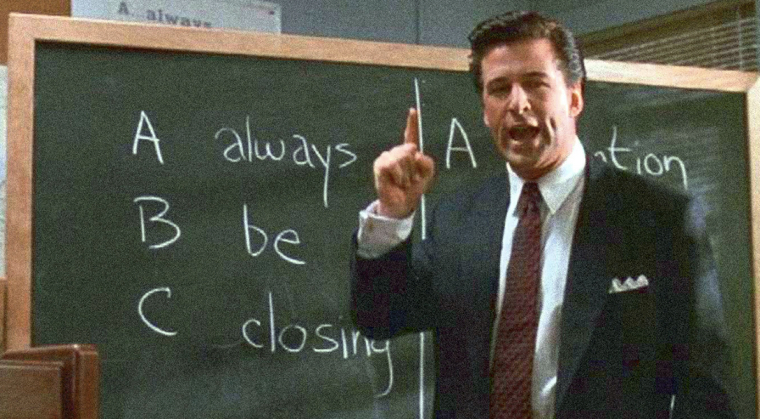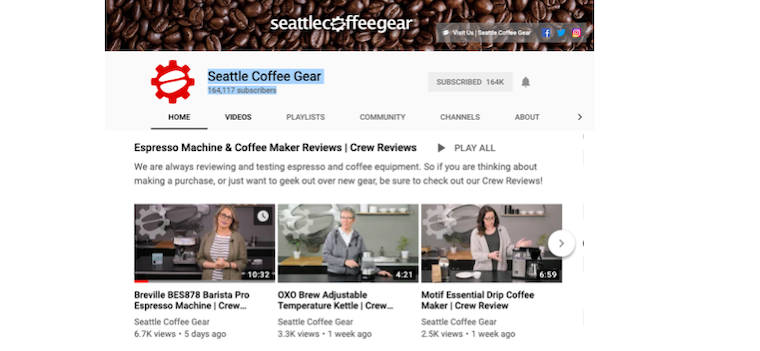(Updated August 26, 2019. Originally published, June 15, 2017.)
No matter what type of business you are in, you can rise above the competition by doing one thing: Help customers get smarter. Unfortunately, many businesses are run by people who believe the secret to success is outsmarting customers.

“Always be closing,” barked the hard-selling Blake, the verbally abusive but supposedly super-salesman character played by Alec Baldwin in the film Glengarry Glen Ross. But think about the companies you do business with on a recurring basis. Are they the companies that treat you like the next transaction they must process to reach a sales goal?
Are they the businesses you think are always trying to sell you something they need to clear from inventory?
No.
Great businesses don’t think of customers as a sale to close. As a one-and-done transaction. They make each closed sale the opening of a relationship. They know when customers become owners, they become experts in what is good, and not good, about a company’s product or service.
Before you decide this is merely a bunch of new-age, touchy-feely theory, let me stop and emphasize: To stay in business, you need to always be selling. I’m merely saying that the most effective way to sell is to position yourself and your company as the source a potential customer of your product or service should turn to first when they want to be smart.
Here are a few ways a business can build long relationships with their customers by helping them become smarter.:
Take regular shifts at the customer-service desk
This suggestion has nothing to do with improving your phone or customer-complaint skills. It’s an exercise that enables managers to stay focused on the one thing that matters most in helping customers become smarter: understanding how well (or not) the owner of a product you’ve sold is accomplishing the objective they had when purchasing it. Unlike focus groups or surveys, a phone call from a product owner who is confused or frustrated can help a manager cut through months of research and get straight to a solution that can be as simple as improving a product’s directions.
Listen more, talk less
Big companies spend huge amounts of money hiring research experts to discover through all sorts of methods what customers think of them. This is an area of business where there’s an advantage of being small: You can have focus groups all day long for free: it’s called talking with customers and listening to what they have to say.
Be the chief knowledge sharing officer

Listen and learn from potential buyers and customers who have become owners of your product. Listen and learn from suppliers and other industry experts.
You are in a unique position to help customers solve problems or understand trends that will help them become smarter. Likewise, you can help your vendors and suppliers become smarter, as well. Positioning yourself at that critical point of an industry’s knowledge sharing network is something market leaders do naturally. If it doesn’t come naturally, it is something you can learn to do.
Start a teaching initiative
Experiment with some type of effort to provide your customers with a chance to learn more about the subject they associate with your business.
Here’s a great example of a company that makes teaching customers one of the cornerstones of their approach to marketing.:
Seattle Coffee Gear creates simple videos that review, compare, and explains new products “in a manufacturer-agnostic, non-commissioned, low-pressure sales environment.”
These videos are so helpful, their YouTube channel has over 164,000 subscribers. (You can also access them on the company’s website.)

